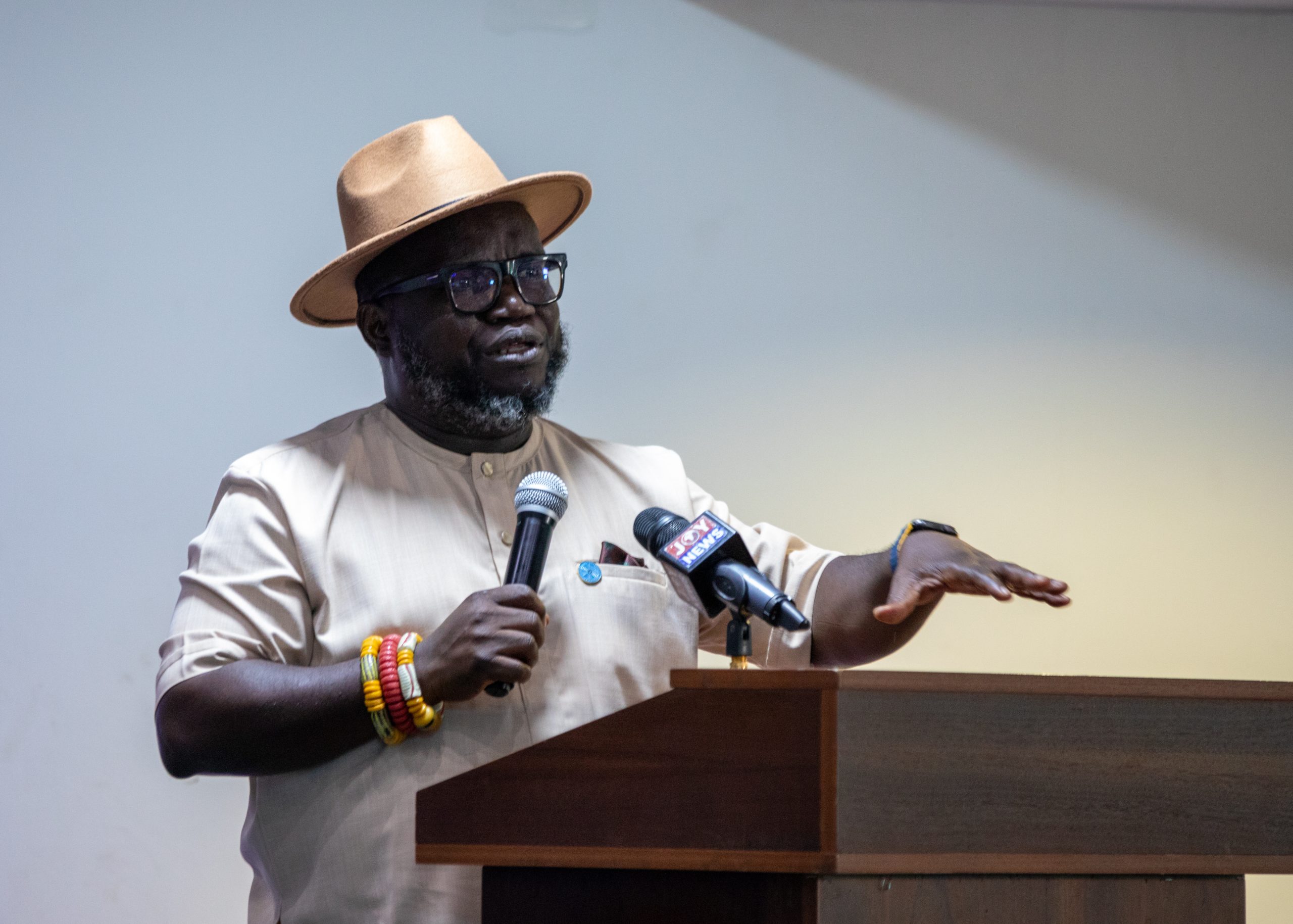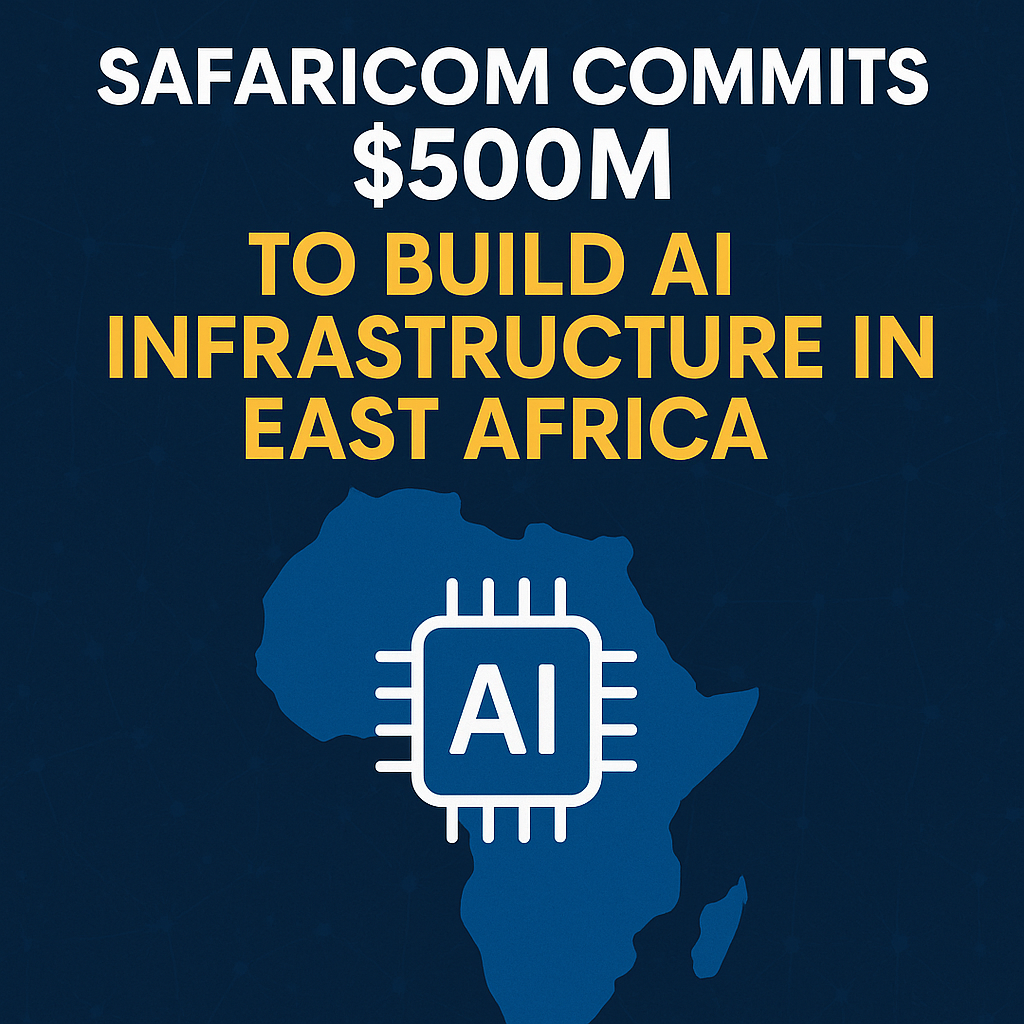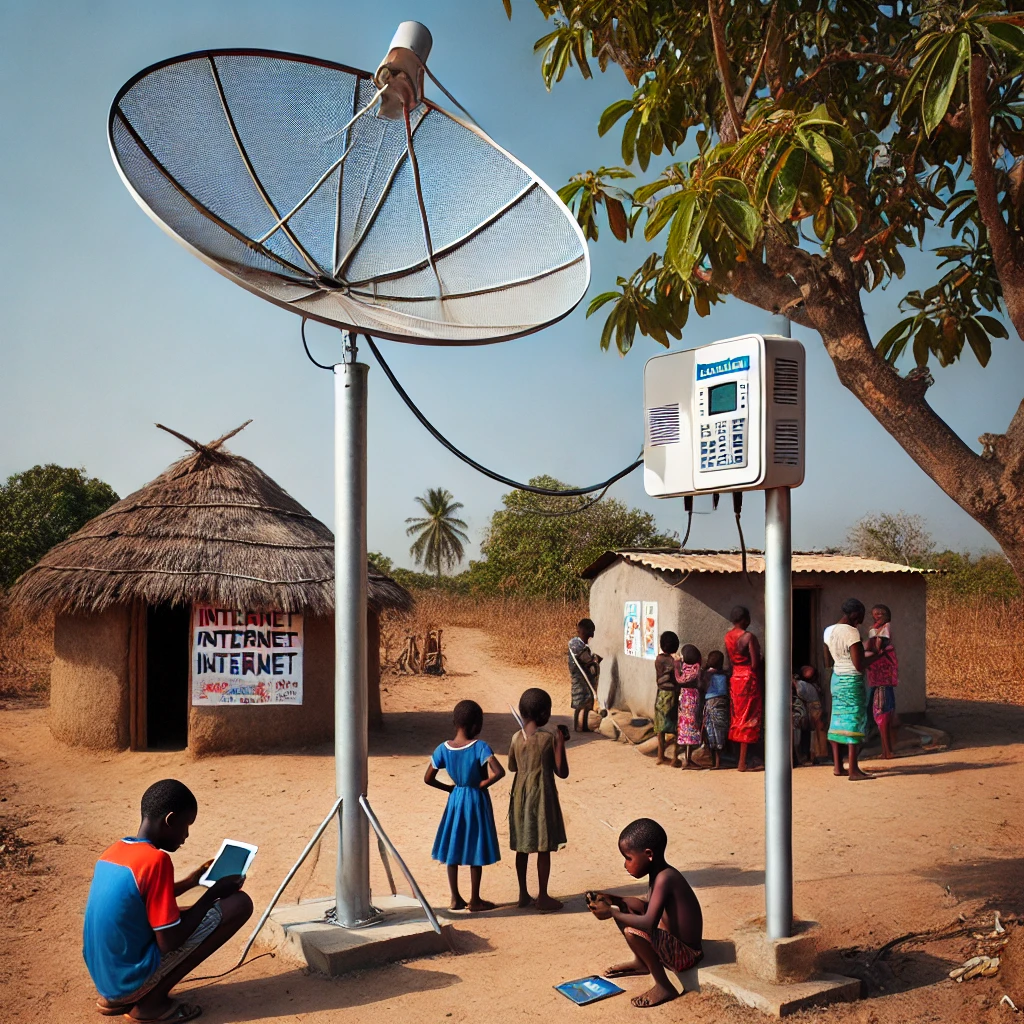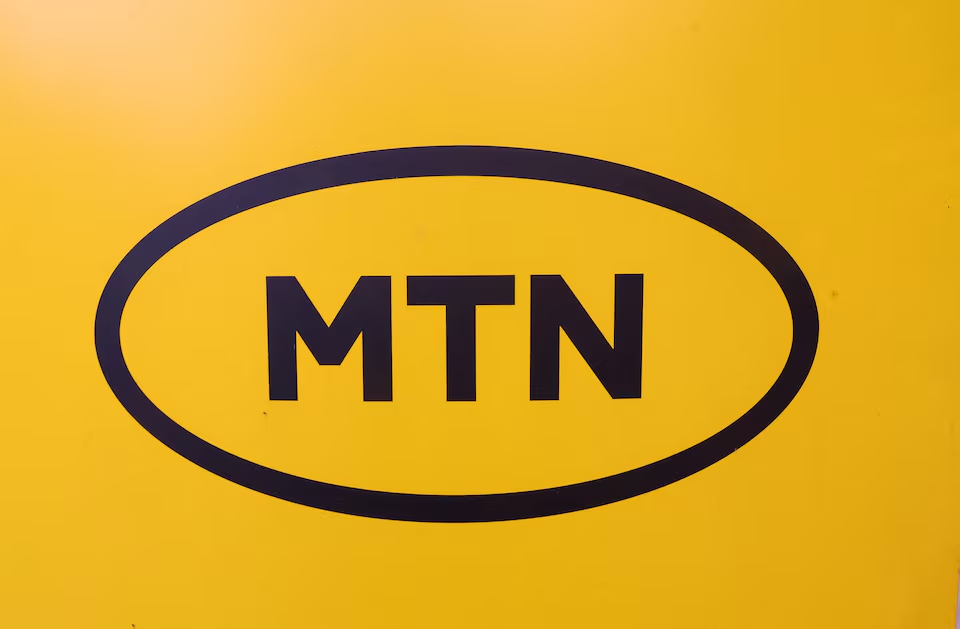Source: GraphicOnline
The Ghana Chamber of Telecommunications (GCT) and the Digital Chamber of Ghana (DCG) have officially announced the departure of Dr. Kenneth Ashigbey as Chief Executive Officer of the Chamber. His tenure came to an end on May 31, 2025, after nearly eight years of dedicated service.
In a joint press release, both Chambers acknowledged Dr. Ashigbey’s instrumental role in advancing the telecom and digital sectors in Ghana and expressed deep appreciation for his leadership and commitment.
“As he steps into his next chapter, the two Chambers wish Dr. Ashigbey continued success and fulfillment. We want to reassure you that we remain steadfast in our commitment to building on the strong foundation he has laid—strengthening advocacy, deepening stakeholder collaboration, and pushing for innovations that grow the industries and lift Ghanaians across all sectors.”
Dr. Ashigbey, a trained engineer from the Kwame Nkrumah University of Science and Technology (KNUST), previously served as Managing Director of Graphic Communications Group Ltd. before joining the Chamber in 2017. Beyond telecom advocacy, he is also known for his media work and currently serves as co-chairperson of the Media Coalition against Galamsey, an initiative aimed at combating illegal mining in Ghana.
Credit: GraphicOnline







